Memory loss that disrupts daily life may be a symptom of Alzheimer’s or other dementia. Alzheimer’s is a brain disease that causes a slow decline in memory, thinking and reasoning skills. There are 10 warning signs and symptoms. If you notice any of them, don’t ignore them. Schedule an appointment with your doctor.
1. Memory loss that disrupts daily life
One of the most common signs of Alzheimer’s disease, especially in the early stage, is forgetting recently learned information. Others include forgetting important dates or events, asking for the same information over and over, and increasingly needing to rely on memory aids (e.g., reminder notes or electronic devices) or family members for things they used to handle on their own.
What’s a typical age-related change?
Sometimes forgetting names or appointments, but remembering them later.
2. Challenges in planning or solving problems
Some people may experience changes in their ability to develop and follow a plan or work with numbers. They may have trouble following a familiar recipe or keeping track of monthly bills. They may have difficulty concentrating and take much longer to do things than they did before.
What’s a typical age-related change?
Making occasional errors when balancing a checkbook.
3. Difficulty completing familiar tasks at home, at work or at leisure
People with Alzheimer’s often find it hard to complete daily tasks. Sometimes, people may have trouble driving to a familiar location, managing a budget at work or remembering the rules of a favorite game.
What’s a typical age-related change?
Occasionally needing help to use the settings on a microwave or to record a television show.
4. Confusion with time or place
People with Alzheimer’s can lose track of dates, seasons and the passage of time. They may have trouble understanding something if it is not happening immediately. Sometimes they may forget where they are or how they got there.
What’s a typical age-related change?
Getting confused about the day of the week but figuring it out later.
5. Trouble understanding visual images and spatial relationships
For some people, having vision problems is a sign of Alzheimer’s. They may have difficulty reading, judging distance and determining color or contrast, which may cause problems with driving.
What’s a typical age-related change?
Vision changes related to cataracts.
6. New problems with words in speaking or writing
People with Alzheimer’s may have trouble following or joining a conversation. They may stop in the middle of a conversation and have no idea how to continue or they may repeat themselves. They may struggle with vocabulary, have problems finding the right word or call things by the wrong name (e.g., calling a “watch” a “hand-clock”).
What’s a typical age-related change?
Sometimes having trouble finding the right word.
7. Misplacing things and losing the ability to retrace steps
A person with Alzheimer’s disease may put things in unusual places. They may lose things and be unable to go back over their steps to find them again. Sometimes, they may accuse others of stealing. This may occur more frequently over time.
What’s a typical age-related change?
Misplacing things from time to time and retracing steps to find them.
8. Decreased or poor judgment
People with Alzheimer’s may experience changes in judgment or decision-making. For example, they may use poor judgment when dealing with money, giving large amounts to telemarketers. They may pay less attention to grooming or keeping themselves clean.
What’s a typical age-related change?
Making a bad decision once in a while.
9. Withdrawal from work or social activities
A person with Alzheimer’s may start to remove themselves from hobbies, social activities, work projects or sports. They may have trouble keeping up with a favorite sports team or remembering how to complete a favorite hobby. They also may avoid being social because of the changes they have experienced.
What’s a typical age-related change?
Sometimes feeling weary of work, family and social obligations.
10. Changes in mood and personality
The mood and personalities of people with Alzheimer’s can change. They can become confused, suspicious, depressed, fearful or anxious. They may be easily upset at home, at work, with friends or in places where they are out of their comfort zone
What’s a typical age-related change?
Developing very specific ways of doing things and becoming irritable when a routine is disrupted.
Get checked. Early detection matters.
If you notice any of the 10 Warning Signs of Alzheimer’s in yourself or someone you know, don’t ignore them. Schedule an appointment with your doctor.
- Learn more about diagnosing Alzheimer’s
- Doctor’s appointment checklist (PDF)
- 10 warning signs checklist (PDF)
- 10 steps to approach memory concerns (PDF)
- Why get checked
What is the difference between Alzheimer’s and typical age-related changes?
Signs of Alzheimer’s and Dementia
- Poor judgment and decision-making
- Inability to manage a budget
- Losing track of the date or the season
- Difficulty having a conversation
- Misplacing things and being unable to retrace steps to find them
Typical Age-Related Changes
- Making a bad decision once in a while
- Missing a monthly payment
- Forgetting which day it is and remembering it later
- Sometimes forgetting which word to use
- Losing things from time to time
What to do if you notice these signs
If you notice any of the 10 Warning Signs of Alzheimer’s in yourself or someone you know, don’t ignore them. Schedule an appointment with your doctor.
With early detection, you can explore treatments that may provide some relief of symptoms and help you maintain a level of independence longer, as well as increase your chances of participating in clinical drug trials that help advance research.
Source: Alzheimer’s Association
Reference: https://www.alz.org/alzheimers-dementia/10_signs


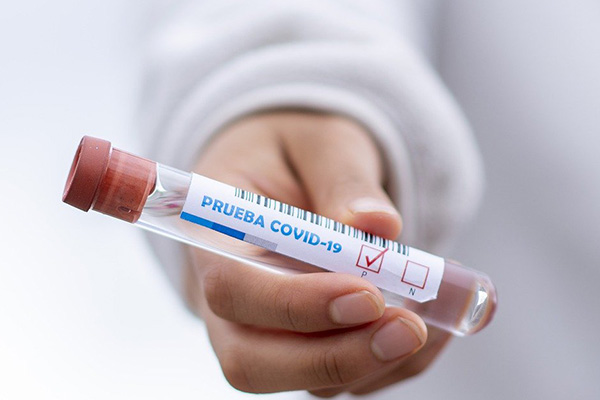
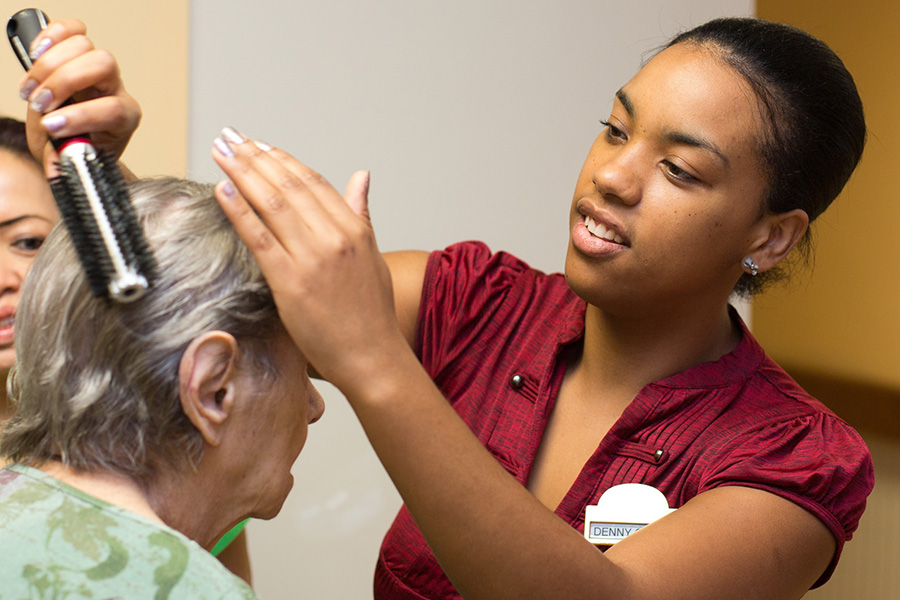
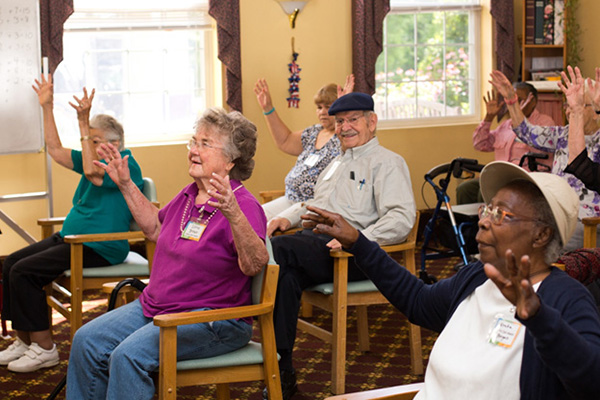
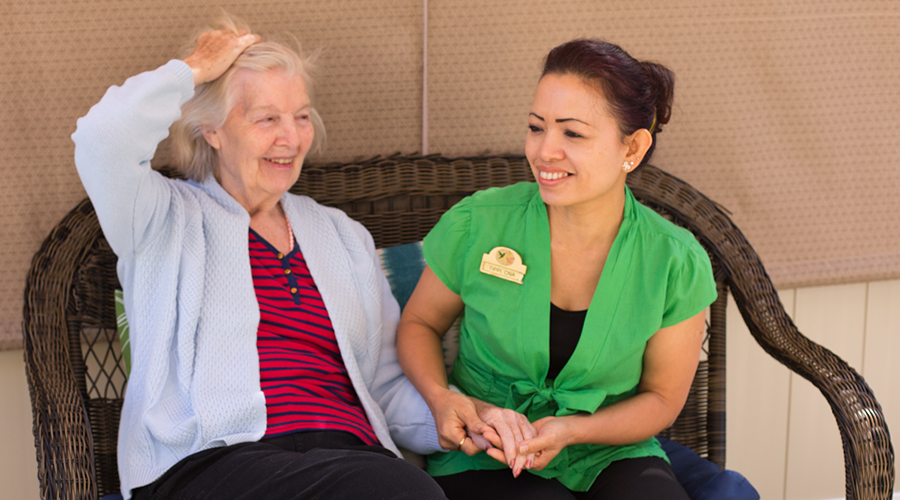
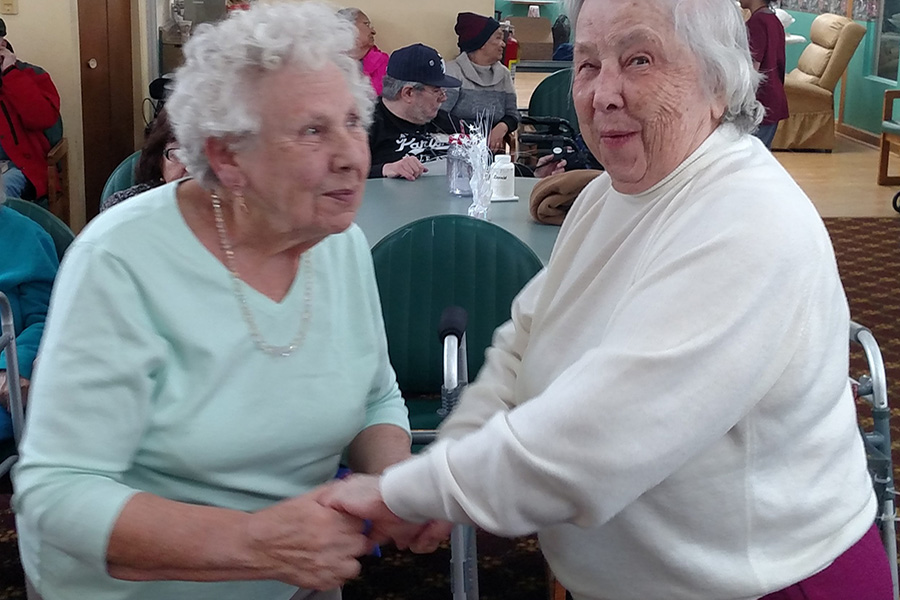
Leave A Comment